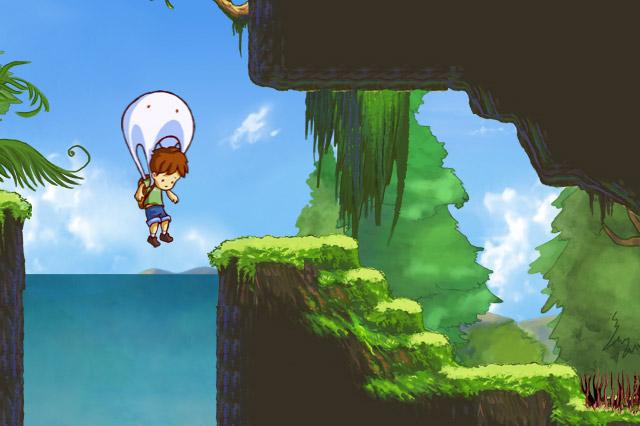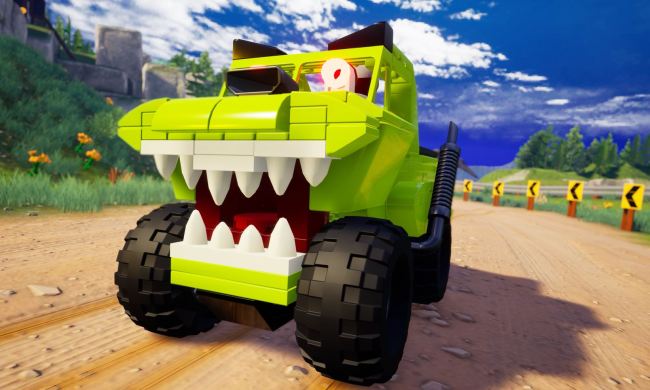
The series follow-up will premiere sometime within the next two financial quarters, making a 2015 release likely. Sutton stated that the game is coming to “all next generation consoles.” A PC release is also under consideration.
Released in 1989, the original A Boy and His Blob: Trouble on Blobolonia is a platformer designed and programmed by Pitfall creator David Crane. The game starred a young boy and his blob friend, who together travel to a distant planet in an attempt to overthrow its evil tyrant.
A Boy and His Blob is noted for its cooperative mechanics that require using the blob’s unique skills in order to solve environmental puzzles. When the blob is fed a jelly bean, it transforms into a number of potentially helpful objects that can be used to bypass tricky level layouts. Jelly bean flavors produce different effects, turning the blob into a trampoline, an umbrella, a ladder, and other traversal-aiding items.
The first Majesco-published series entry premiered in 2009 for the Nintendo Wii. Developed by Shantae series creator WayForward, the Wii’s A Boy and His Blob features a cartoonish aesthetic and gameplay that revolves around the blob’s ability to solve straightforward puzzle-platforming challenges.
WayForward’s A Boy and His Blob was directed by Sean Velasco, who later co-founded Shovel Knight developer Yacht Club Games. Majesco has not announced whether WayForward will return for its A Boy and His Blob sequel, or if it has enlisted a new development team to tackle the project.
Majesco recently saw the departure of the last member of its founding family following a series of recent financial setbacks. New president and CEO David Rector stepped up to fill the role vacated by Jesse Sutton.
Upon his departure from Majesco, Sutton revealed that the company will focus exclusively on low-cost digital releases going forward, shelving the “high risk” prospect of big-budget retail games so that the company can stay afloat.


